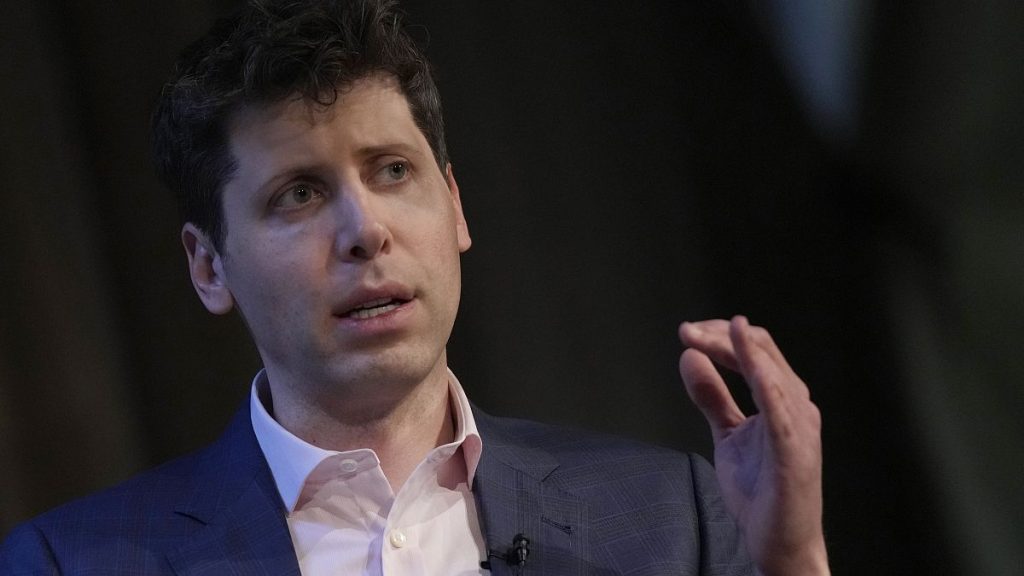Sam Altman’s financial situation reveals a stark contrast between his relatively modest salary at OpenAI and his estimated wealth of around $2 billion. In a recent tax filing, it was disclosed that Altman received a compensation of $76,001 (€72,000) for his role as CEO of the rapidly growing and hugely valued company, which is now worth approximately $157 billion (€145 billion). Altman’s assertion that he accepts the minimum pay necessary to cover health insurance reflects a minimalist approach to his compensation. This figure is a slight increase from his previous year’s pay of $73,546 (€70,000) but remains trivial when considered against his substantial net worth.
Notably, most of Altman’s wealth comes not from OpenAI but rather from diverse investments in various tech companies, including Reddit, Airbnb, and Stripe. While he has financial stakes in some ventures, Altman has made it clear that he holds no equity in OpenAI itself, which adds an intriguing layer to the narrative of his compensation. The discrepancy between his nominal salary and overall wealth raises questions about the compensation strategy at OpenAI and how it may compare with industry standards for CEOs of significant tech firms.
OpenAI’s board has reportedly discussed the potential benefits of compensating Altman more generously but has yet to reach a conclusion regarding specific figures or changes to his pay. This indecision coincides with the turmoil that the organization experienced in 2023, particularly the dramatic firing of Altman by the board of directors and the subsequent upheaval it caused in the AI industry. After a brief period with an interim CEO, Altman was reinstated, and most of the dissenting board members were replaced, highlighting the internal instability within the organization at that time.
The revelation of Altman’s paycheck came during a year characterized by several prominent staff departures from OpenAI, an indication of potential unrest among employees following the board’s controversial decisions. In a noteworthy shift, OpenAI transitioned from being a non-profit organization to a for-profit entity during this tumultuous period, suggesting a strategic pivot that aimed at attracting more substantial capital in support of its AI ambitions. The nonprofit received modest public contributions of about $5 million (€4.7 million) last year, although the sources of those funds were not disclosed, raising further questions about transparency and funding strategies.
At the end of 2023, the non-profit division of OpenAI reported net assets totaling $21 million (almost €20 million)—a notable reduction compared to the staggering $6.6 billion (€6.2 billion) raised by the company in October. This stark contrast underscores the challenges OpenAI faces as it navigates the complexities of transitioning to a profit-driven model while maintaining its mission to lead in AI innovation and development. The shift has prompted scrutiny from various stakeholders about potential impacts on the company’s foundational goals.
Overall, the dynamics surrounding Sam Altman’s personal compensation and OpenAI’s financial strategies during a period of significant industry upheaval reflect broader themes in the tech sector regarding executive pay, investment strategies, and corporate governance. The situation illuminates the delicate balance that organizations must achieve in fostering innovation while addressing internal and external expectations regarding compensation and organizational stability as they navigate periods of rapid growth and transformation.














